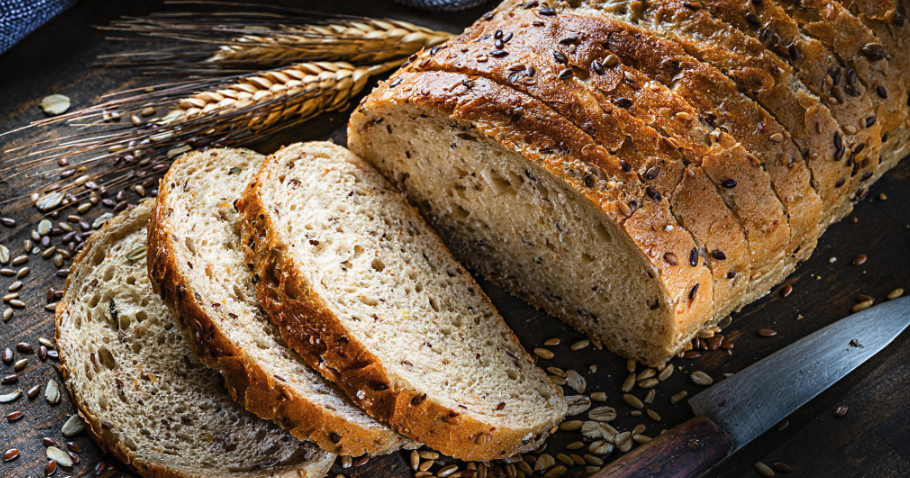Alabama’s cottage food law went into effect in 2014 and was amended in 2021. The law states that individuals can produce certain non-hazardous foods at home. The new law defines cottage food as non-potentially hazardous foods prepared in a person’s home that do not require time or temperature control for safety. The law excludes products made with meat, poultry, and fish.
Foods that can be sold directly to consumers:
Candies, jams, jellies, fruit preserves, marmalades, dried herbs and herb mixes made from commercially available ingredients, baked goods: cakes, cookies, glazed pastries, Danish pastries, donuts, breads, pies, cheese straws, candied or roasted nuts, popcorn (candied, coated or flavored), spices (generally recognized as safe or GRAS by the U.S. Food and Drug Administration, non-hazardous), roasted coffee, dried baking mixes, chocolate or caramel coated fruit.
Here are some examples of foods that have water activity or pH levels approved by the Alabama Department of Public Health and can be sold directly to consumers:
Home-dried herbs, herb mixes, tea leaves, vegetable or fruit, or fruit leather (except melon) Fermented or preserved vegetables or fruits that do not produce alcohol. Examples include pepper relish, chow chow, pickles, relishes, salsas (tomato or fruit), kimchi, sauerkraut, pickled fruits, fruit butters, steeping vinegars containing GRAS ingredients, and nut butters.
Note: Water activity and pH testing can be performed at an Alabama Extension food safety testing laboratory or processing authority for a fee. Contact your local food safety agency for more information about Extension testing.
Foods that cannot be sold directly to consumers:
Baked goods with ingredients that require refrigeration, such as custard pies and cakes topped with whipped cream, barbecue sauce, cheesecake, garlic oil mix, ice cream, fruit and vegetable juices, fruit and vegetable drinks/teas, juice drinks, meats in all forms, dairy products, raw cookie dough, soft or hard cheeses including cheese sticks, veggie pizza.
Please note: Some foods, such as syrups and freeze-dried candies, may require further evaluation on a case-by-case basis.
Cottage food laws require that labels must state the following in a minimum of 10-point font:
Name of person or business, address or post office box of person or business, common name of food, statement: This product may contain allergens. This food has not been tested by the health department.
Ingredient List: Ingredients and ingredients must be listed in order of predominance by weight.
Note: All packaging must be labeled. Health claims are subject to FDA regulation and are not subject to the Cottage Food Law.
Sales Requirements Cottage foods cannot be sold in licensed establishments such as restaurants or grocery stores, or to novelty shops for resale. Producers must sell directly to consumers within the state, in person, by telephone, or online. However, delivery options have changed. Under the new law, delivery of products within the state is permitted by mail, through the producer’s agent, or directly to consumers.
Training RequirementsAnyone who operates a food business under the Cottage Food Law must attend and pass a food safety course approved by the Alabama Department of Public Health every three years. An approved course is one taught by Alabama State Extension or an American Standards Institute-accredited food safety program.
Cottage Food Gross Sales The Cottage Food Act of 2021 removes the $20,000.00 limit on gross sales. There is now no cap on gross sales.
This material is provided by the Alabama State Extension Office, Alabama A&M University and Auburn University.


